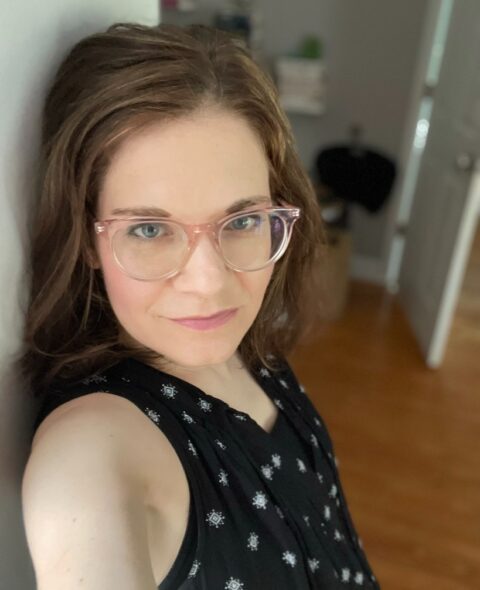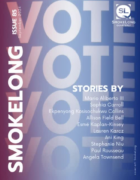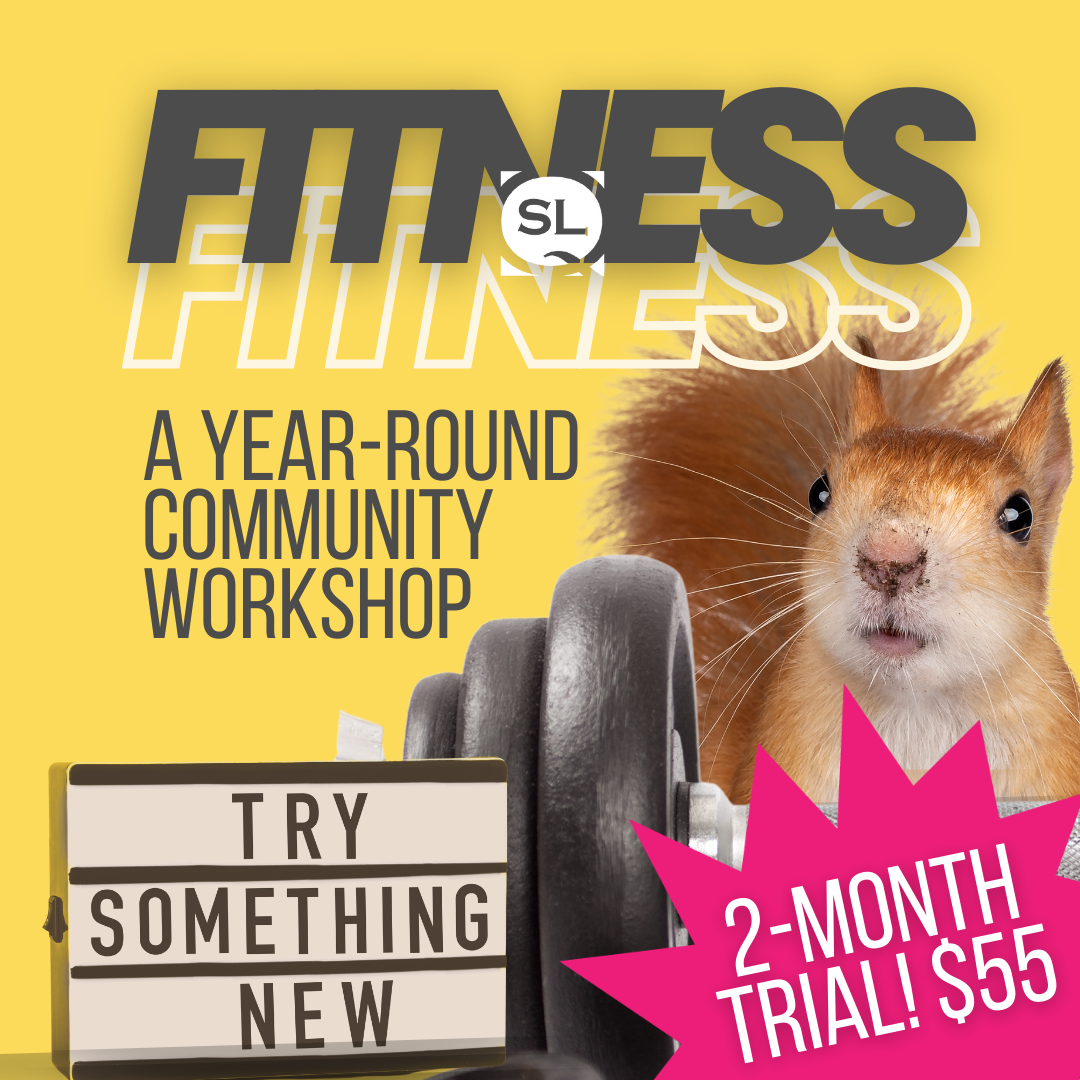As I read “If Stevie Nicks Was Your Klonopin Withdrawal Counselor”—which is absolutely fabulous, by the way—I wondered about genre. I wouldn’t bat an eye at seeing it categorized as fiction, speculative nonfiction, or hybrid. How do you feel about genre designations in general and also specifically for this piece?
Thanks! It’s funny you say that about genre for this piece, because ultimately I submitted it to SmokeLong as a “hybrid,” but I thought hard about the other categories, too. I finished revising this piece at the Tin House Summer Workshop in July of this year, and when I read it out loud to a group there, I couldn’t help but smile when I introduced it as, “a piece about recovery, but also a fanfic.” I’d kept the phrase “surrealist fanfic” in my head as I was writing and revising, and it proved to be the necessary north star for being able to see the story through its many drafts.
Part of what has drawn me to flash fiction in recent years is the extent to which genre is rather elastic in the flash world. So much of what I like to read and write is contemporary fiction with unexplained speculative elements, and flash lets you run wild with the weirdness, and doesn’t ask you to pin down a subgenre. You can just submit your weirdness as general fiction and call it a day!
Throughout the work, you pepper some soul-stirring insights—”… what is the opposite of your four years of self-administered sedation … Is it the humiliation of becoming the version of yourself you’re meant to be?”—and I wonder if this kind of thinking on the page occurs as you’re writing, is something you arrive at the blank page already with, or whether you perhaps double back after the fact and add them in. Could you speak a bit to your process?
More often than not, I start with a junk drawer of images, sentences or parts of sentences, and maybe a full scene or two that I want to try to assemble into a piece. For this one, I knew there was going to be a through-line about the different versions of a self, I knew I was going to travel through time with Stevie Nicks and wind up on stage at the US Festival, and I knew I wanted to start each section with the refrain of the title, while using the second-person conditional tense throughout. There were a bunch of drafts of this piece; sometimes I would just type out the title and freewrite about something I associated both with Stevie and the process of recovery (several discarded ideas included a meditation on the coda of the live version of “Rhiannon,” and the drama of the 1997 live “Silver Springs” performance. I should also note that I know far too much about the Stevie Nicks/Lindsey Buckingham relationship, but poor Lindsey did not make the final cut of this piece. Sorry, Lindsey.
The piece really found its heart when I homed in on the idea of the many versions of oneself that exist, and the many times that we lose and find ourselves during trauma, or just during life. Once I had that focus, and a few key lines related to it, everything else started falling into place. Even maintaining the conditional tense came easier.
A number of my favorite lines came late in the process, though. I felt like I was using those lines to put a thematic button on a section. I believe the last line I wrote was “truth stretched across years, landing in a heart craving the permission to be good.” And that’s not the final line of the piece, but it sums up so much about it.
When you set out to write something, do you tend to know the form it will take (flash, longform, experimental, etc.) from the start, or do you find the form reveals itself as the writing takes shape?
With flash, I usually know it’s flash from the outset. The last couple times I started writing a longer short story, though, I wound up in “oh no, should this be a novel?” territory.
If you were to create a writing prompt inspired by “If Stevie Nicks Was Your Klonopin Withdrawal Counselor,” what would it look like?
Imagine that your favorite celebrity has a different job. What’s the job, and do they thrive in it? Why or why not?
(Alternate prompt: Have you ever accidentally trauma-bonded with a celebrity?)
Who and what are you reading right now, or have you read recently that has moved, excited, or otherwise stuck with you?
I love Marie-Helene Bertino’s work, especially her recent novel Beautyland. She did a lecture at Tin House about otherworldly elements in otherwise realistic fiction that had me nodding and smiling the whole time. I also can’t believe it took me so long to read Hanif Abdurraqib’s They Can’t Kill Us Until They Kill Us. It’s an absolutely breathtaking lyrical collage of essays about music, sports, society, everything.



 Try SmokeLong Fitness for two months!
Try SmokeLong Fitness for two months!